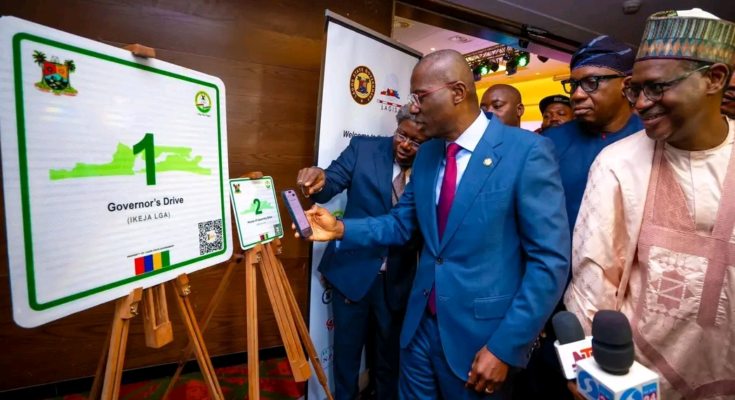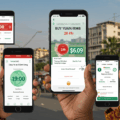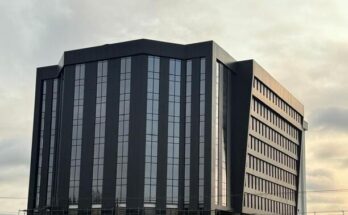By Bababunmi Agbebi
Edited by Ezennia Uche
In a bold step toward urban modernization, the Lagos State Government is set to pilot its Digital House Numbering System known as the “Identifier Project” in Ikeja, the state capital. The initiative will assign every property a unique digital identity using QR codes and colour-coded markers based on local government areas.
The Identifier Project is a key part of Lagos’ broader Smart City strategy to improve navigation, security, land administration, and service delivery in Africa’s most populous city.
How Lagos’ Digital House Numbering Will Work
At its core, the Identifier Project replaces outdated and inconsistent house numbering with a standardized, technology-driven system. Digital identifiers will be mounted at property entrances, enabling residents, emergency services, delivery personnel, and visitors to easily locate buildings using smartphones or scanning devices.
“This is about more than aesthetics or modernisation, it’s about making our city work better for everyone,” said an official from the Lagos State Ministry of Science and Technology. “From ambulances to waste collection, this system will drastically reduce the time and errors associated with finding properties.”
Key Benefits of the Identifier Project
Improved Navigation
With QR codes linked to digital maps and verified property records, the Identifier Project promises seamless navigation, especially for emergency response teams, e-commerce logistics, and public transport planning.
Enhanced Security
By registering each building in a centralised digital system, authorities can better track illegal constructions, monitor tenancy changes, and strengthen crime prevention efforts.
Land Documentation & Urban Planning
The system complements land titling programs by ensuring every plot is properly catalogued. This improves data accuracy for urban planning and supports Lagos’ drive toward property taxation and regularisation.
Better Service Delivery
From electricity to waste collection, government and private providers will be able to deliver faster and more efficiently when addresses are clearly and consistently marked.
Pilot Rollout and Expansion Plans
The pilot phase will begin in select areas of Ikeja, with residents and businesses receiving digital markers free of charge. The government is working with urban planning consultants, GIS specialists, and community leaders to ensure smooth implementation.
To ease privacy concerns, officials emphasised that no personal data will be stored on the QR codes themselves. Instead, the system will serve as a gateway to verified public records already maintained by relevant agencies.
If successful, the Identifier Project will expand to other parts of Lagos in phases, aligning with the state’s long-term Smart Lagos Vision.
As global cities adopt digital tools to manage population growth, Lagos is positioning itself at the forefront of smart African cities, leveraging technology to solve long-standing challenges in urban planning and governance.
What do you think about Lagos’ Identifier Project? Share your thoughts in the comments and let us know how a digital address system could change daily life in your community.








